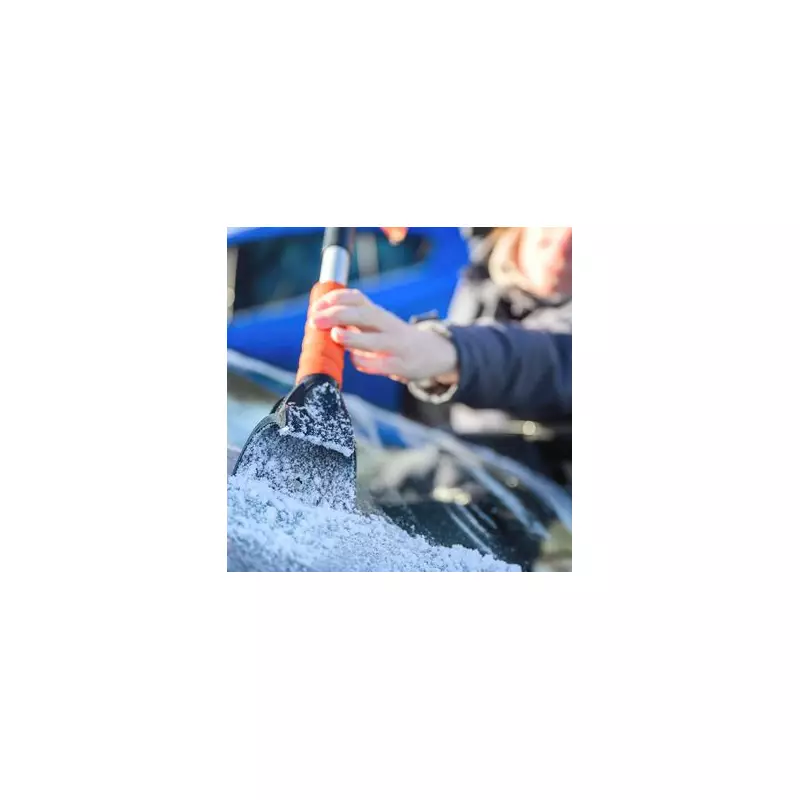
Brits facing the winter's first frosts can ditch the expensive shop-bought solutions and the tedious morning scrape. A simple, cost-effective item from your kitchen cupboard holds the key to a clear windscreen.
The White Vinegar Solution
According to motoring specialists at Windscreen Wipers, white vinegar is remarkably effective at battling ice. The experts state that it not only clears existing frost but can also stop it from forming in the first place.
The recommended mixture is 125ml of white vinegar combined with 375ml of water in a standard 500ml spray bottle. The application is straightforward: spray the solution onto your windscreen the night before a expected freeze, or use it in the morning to help break down any ice that has already settled.
Why This Household Hack Works
The science behind this method is simple. The Windscreen Wipers team explains that the acetic acid in the vinegar lowers the freezing point of water. This makes it significantly more difficult for ice to form a solid bond on your glass, saving you precious time during your morning routine.
Other Surprising De-icing Methods
White vinegar isn't the only unconventional item in your home that can help. For a truly cost-effective alternative, specialists suggest using a raw onion.
This unusual technique involves cutting a raw onion in half and rubbing it over the windscreen on the night before a big freeze. The natural oils in the onion create a protective coating on the glass, which helps prevent frost from forming.
If you'd rather not deal with teary eyes or simply don't have an onion to hand, a physical barrier is another excellent option. You can use an old rubber bath mat or a folded bedsheet, secured in place by your windscreen wipers. For wing mirrors, carrier bags fastened with elastic bands will do the trick. In the morning, you simply remove the covering to reveal a frost-free windscreen.
Don't Forget Your Wiper Blades
The specialists also issued a crucial warning for drivers. It's easy to focus solely on the glass, but wiper blades are also at high risk of freezing. Frozen blades cannot clear your windscreen properly, creating a major visibility hazard.
To combat this, a quick application of isopropyl alcohol can be highly effective. Because isopropyl alcohol freezes at a much lower temperature than water, using an undiluted mixture on the wiper blades will keep them flexible and functional by morning.





